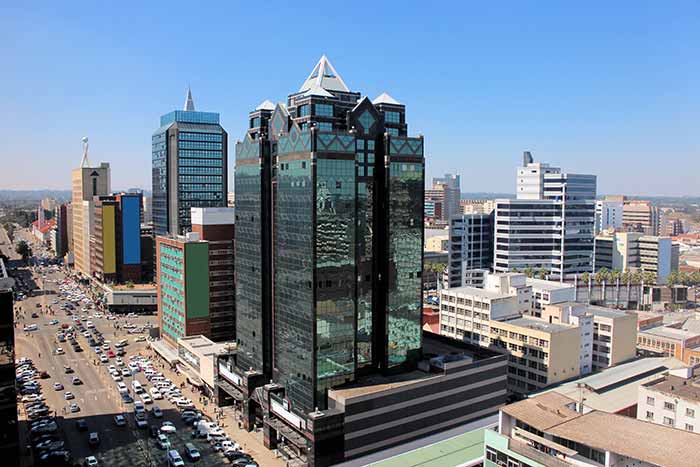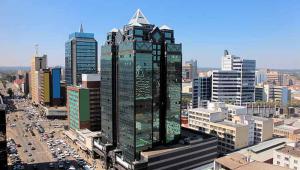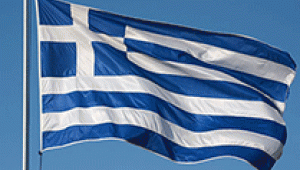web_zimbabwe_shutterstock_153346895.jpg

Harare, Zimbabwe
Zimbabwe’s central bank governor John Mangudya told the Financial Times that the African Export-Import Bank (Afreximbank) was arranging a seven-year, $968m loan to help the country repay its $1.8bn in outstanding debts.
The country’s cash-strapped government desperately needs support in order to pay public sector salaries, import food and alleviate cash shortages after years of economic decline and this year’s severe drought.
But Zimbabwe hasn’t seen IMF cash since its last loan in 1999. Since then, its billion-dollar arrears owed to the fund, the World Bank and the African Development Bank have seen the country cut off from international borrowing.
“Obviously, if things move well, we’re expecting balance of payments support from the IMF,” Mangudya told the FT, referring to negotiations around the debt-arrears package with Afreximbank.
The news comes amid an unprecedented wave of protests across the country. On Monday, Zimbabwe saw its first violent protest since 2005 as taxi drivers set up barricades in the capital Harare to protest against police harassment and bribes.
On Tuesday, teachers, doctors, nurses and civil servants went on strike after going without wages for more than a month.
That was followed on Wednesday by a nationwide shut in organised by activists, who called on residents to stay at home to take a stand against corruption and cash shortages.
Protests have also taken place along the border with South Africa over restrictions on imports of basic goods, intended to stop money flowing out of the country.
In May, Zimbabwe started printing its own version of the US dollar, dubbed “bond notes”, after cash shortages forced banks to cut withdrawal limits. The US dollar overtook the country’s own currency in 2009 as the Zimbabwean dollar underwent massive hyperinflation and became worthless.
Since 2000, a controversial land reform programme, human rights abuses, violence, and disputed elections saw foreign aid being cut off and sent the country’s economy into a downward spiral.
After years of economic decline, Zimbabwe’s already starved economy has been squeezed further by one of the worst droughts the country has seen in decades.
Mangudya said he expects the country will have paid back all its arrears in time for the September board meetings between the IMF and African Development Bank. He hopes Zimbabwe could see emergency loans before the end of the year.
But whether making some economic headway will be enough to save long-standing president Robert Mugabe, who intends to run for yet another term in 2018, is uncertain.
The 92-year old premier’s position is on increasingly shaky ground, beset by rumours of ill health and outrage over corruption, and political rivals are gaining momentum. In April, the country’s opposition successfully mounted the biggest anti-Mugabe protest in decades. In the past, such demonstrations would have been swiftly crushed by security forces.













